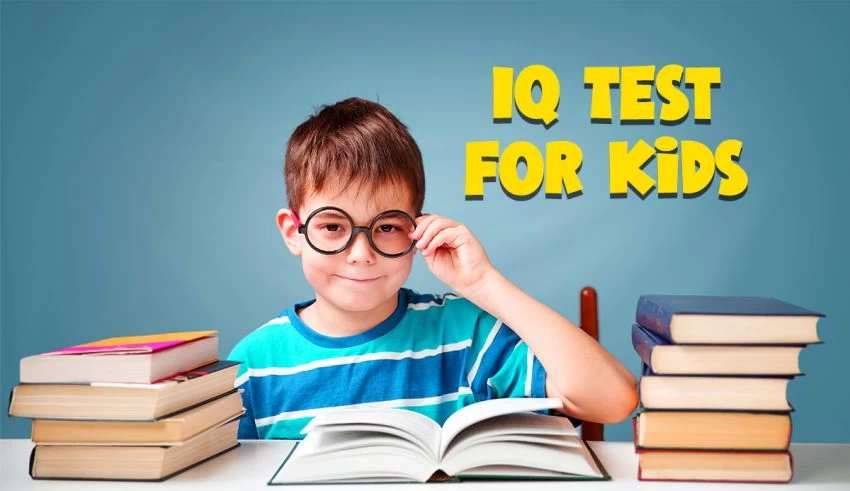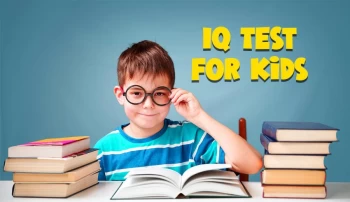IQ tests are standardized tests designed to measure a person's intelligence quotient (IQ), which is an estimation of a person's cognitive abilities and potential. These tests are commonly used for various purposes, including educational and psychological assessments, career development, and research studies. IQ tests for kids are specifically designed to measure the intellectual abilities of children and are an important tool for parents, teachers, and psychologists to understand the cognitive strengths and weaknesses of children.
The first IQ test for kids was developed by Lewis Terman in 1916, which was called the Stanford-Binet Intelligence Scale. Since then, many other IQ tests have been developed for children, including the Wechsler Intelligence Scale for Children (WISC) and the Kaufman Assessment Battery for Children (KABC). These tests are designed to measure a child's cognitive abilities in various areas such as verbal reasoning, perceptual reasoning, working memory, and processing speed.
One important thing to note is that IQ tests for kids are not perfect measures of intelligence. There are several factors that can influence a child's IQ score, including socio-economic status, education, and environmental factors. Furthermore, some experts argue that intelligence is a complex and multifaceted concept that cannot be captured by a single test score.
Despite these limitations, IQ tests for kids can still provide valuable information about a child's intellectual abilities and potential. For example, a high IQ score can indicate that a child may excel in academic settings and may benefit from accelerated learning programs. On the other hand, a low IQ score may indicate that a child may need additional support and resources to overcome learning challenges.
It is also important to note that IQ tests for kids should not be used as the sole measure of a child's abilities or potential. Other factors, such as creativity, emotional intelligence, and social skills, are also important for success in life. Therefore, parents and educators should take a holistic approach to understand and support a child's development.
In conclusion, IQ tests for kids are an important tool for understanding a child's intellectual abilities and potential. However, they should be used with caution and in conjunction with other measures to provide a comprehensive understanding of a child's cognitive strengths and weaknesses.







